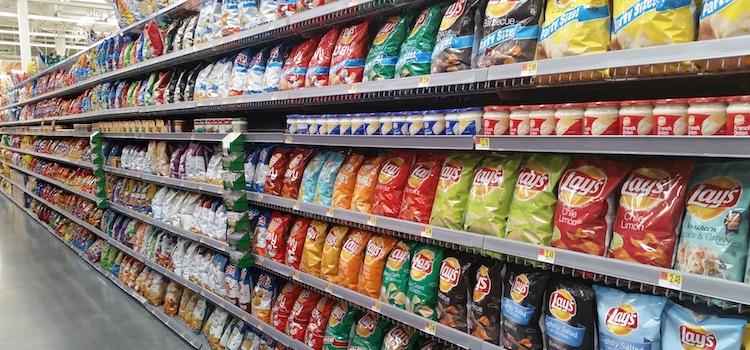An eight-year study analyzed data from 45,000 people. When a participant increased their consumption of ultra-processed foods by 10%, their mortality risk increased by a corresponding 14%.
According to a very large-scale French study, published this Tuesday in the American medical journal "Jama Internal Medicine", there would be a correlation between the consumption of ultra-processed products, such as sweets, nuggets but also prepared meals, soups in sachets and anything containing several additives, and an increased risk of mortality.
Even if this link is for the moment "still very difficult to quantify," warns Mathilde Touvier, co-author and director of EREN, the nutritional epidemiology research team, which conducted the study.
But after analyzing data from nearly 45,000 French people over eight years, scientists observed that when a participant increased their consumption of ultra-processed products, on average by 10%, their mortality risk increased by 14%. " The most important thing is to have shown that there is a significant and robust association between the two factors ," Mathilde Touvier explained to "Les Echos."
In total, out of 45,000 participants, just over 600 deaths were recorded. One-third were caused by cancer, another third by diabetes and respiratory diseases, and the rest by cardiovascular diseases such as heart attacks and strokes. "We also took into account a series of parameters that can significantly influence the risk of mortality, such as smoking, sports, alcohol, etc.," adds the director of EREN.
Several hypotheses
Regarding ultra-processed products, the study suggests several hypotheses regarding the risk they pose. The first: their lower nutritional quality, due in particular to the higher concentration of added salts and sugars, as well as saturated fats.
Second premise: additives. In Europe, around 350 substances are authorized. "But EFSA - the European Food Safety Authority, editor's note - does not have studies on the 'cocktail' effects of these additives, each assessment being carried out separately," reveals the researcher. The mixtures in ultra-processed products could therefore make them potentially dangerous.
Finally, container materials can also have a detrimental effect on health. "This is the case with the plastic tray you heat in the microwave," explains Mathilde Touvier.
The dilemma of experimental studies
This study is "an important contribution to the literature," Casey Rebholz, professor of epidemiology at Johns Hopkins University, told AFP, noting that the methodology is of good quality.
while recognizing the inherent limitations of studies of this type. Indeed, to be able to establish a formal causal link, it would be necessary to conduct an experimental study, explains Mathilde Touvier. That is, to have a group of patients consume ultra-processed foods, and compare the data to those of a group of patients who had not eaten them. "You can see the ethical problems that this represents," says the researcher with a smile.
For now, we must therefore be content with observational studies like the one carried out by EREN. "We hope that other studies like ours will be carried out in other countries to strengthen the weight of our observations."
Source: Les Echos







Leave a comment
All comments are moderated before being published.
This site is protected by hCaptcha and the hCaptcha Privacy Policy and Terms of Service apply.